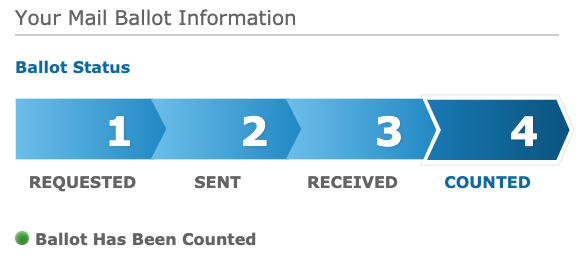
Academic administrators need to fine tune goals and values. It's too easy to say: In our institution, every student learns, or we raise our students to their full potential, without explaining what this actually means, how we reach these goals, achieve wisdom, knowledge, satisfaction and retention.
The end of the fall semester is near and new hires have a few months under their belts. Administrators have conducted assessments, created new goals and completed their observations. Educators have made connections with students and have fallen into their routine. It's a time when we should feel comfortable with what we are doing, which means doing what has been done.
If faculty and administrators are going to get together only once in a while, it should only be about important issues. It shouldn't be about information they can read on an e-mail, or about a speech they passively sit and listen to. Getting together should be about focusing on curriculum and instruction, and more importantly on our students.
Over the past few months, as administrators have gone into classrooms to observed instructors and students. Some may wonder if faculty members know what these administrators want to see and whether these supervisors truly know and understand what good teaching looks like.
Some administrators have been out of the classroom for a number of years and as they gain more experience in the leadership role they are at risk of losing touch with the classroom experience. Those who are still teaching are laboring in small intimate classrooms, not large sized classrooms, or late night courses, some other professors are assigned to teach. Educators and administrators must reach a consensus because everyone, especially the students needs to know what is expected of them.
The stakes are high and the collective conversations between administrators and educators have to be geared toward a combined goal. It would be great if the combined goal focused on school climate and the social and emotional growth of all students, or as one administrator calls them: Consumers.